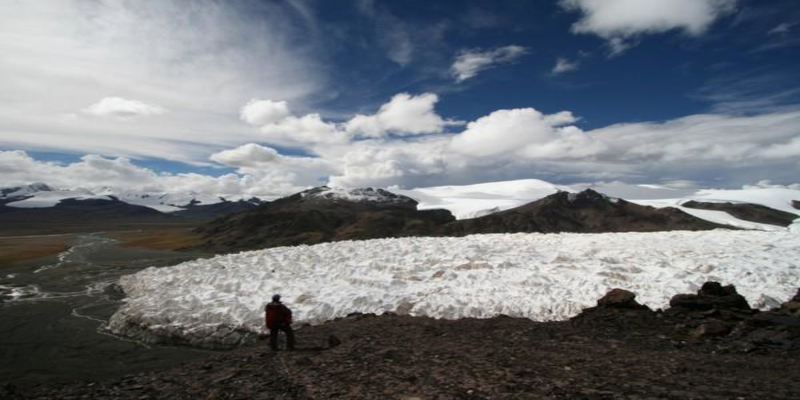Dharamshala, 5th January: According to research, the Chinese Communist Party is abusing Tibet by using it as a dump for toxic waste and failing to provide the region with the resources needed to safeguard its delicate ecosystem and distinct biome. The CCP’s callous disregard for Tibet is obvious in the region’s growing industrialization over the last several decades.
According to the Providence US-based journal, Beijing’s new white paper on Tibet hardly flicks an eyelid when it comes to environmental conservation, noting only a few small-scale projects in a few Tibetan cities.
With an average altitude of 4,380 meters, the Tibetan Plateau is the world’s highest geographic territory. Tibet has been dubbed the “Third Pole” because its glaciers hold more frozen water than everywhere else on the planet except the Arctic and Antarctic polar caps, according to the American journal.
According to a report produced by the International Center for Integrated Mountain Development, the climate crisis might cause at least a third of the region to melt (ICIMOD). For this scenario to be avoided, the carbon emission rate must be reduced, according to the paper, which claims that anthropogenic carbon emissions are mostly caused by fossil fuel exploitation, deforestation, and emissions from power plants and cars.
China’s industrial activities, such as lithium mining and nuclear ore mining in Tibet, have had a significant impact on the region’s monsoon cycle, as the country’s economic activities produce a large carbon footprint. For the sake of immediate economic gain, Beijing has been defying the Montreal Protocol. Hydrocarbons are expressly prohibited by the protocol.
The ozone layer, which envelops the Earth’s atmosphere and protects humans from damaging UV radiation, is severely harmed by this activity. Excessive industrial mining has depleted Tibet’s natural resources while also rendering the region barren and infertile, according to Providence.
Tibetan nomads and their land have suffered as a result of Beijing’s prohibitions on living a nomadic lifestyle. Because nomads are not accustomed to the life of normal job seekers, their forced resettlement has left them jobless. According to the US-based journal, the land they once relied on for farming and animal grazing does not receive the required care that it does organically through nomadic activities.
According to Providence, China has been intentionally disregarding these concerns, plus overseas Tibetan communities expressed their concerns about Tibet’s vulnerable ecology and relevance to the world during COP26.







Leave a Reply